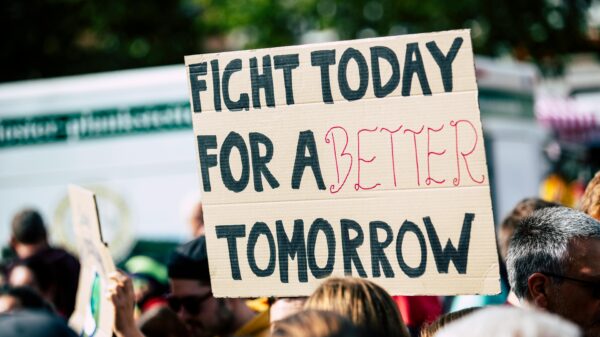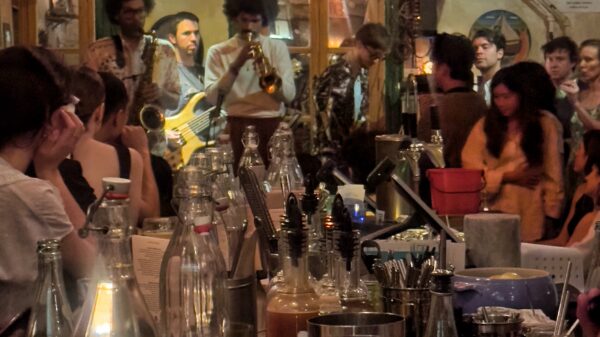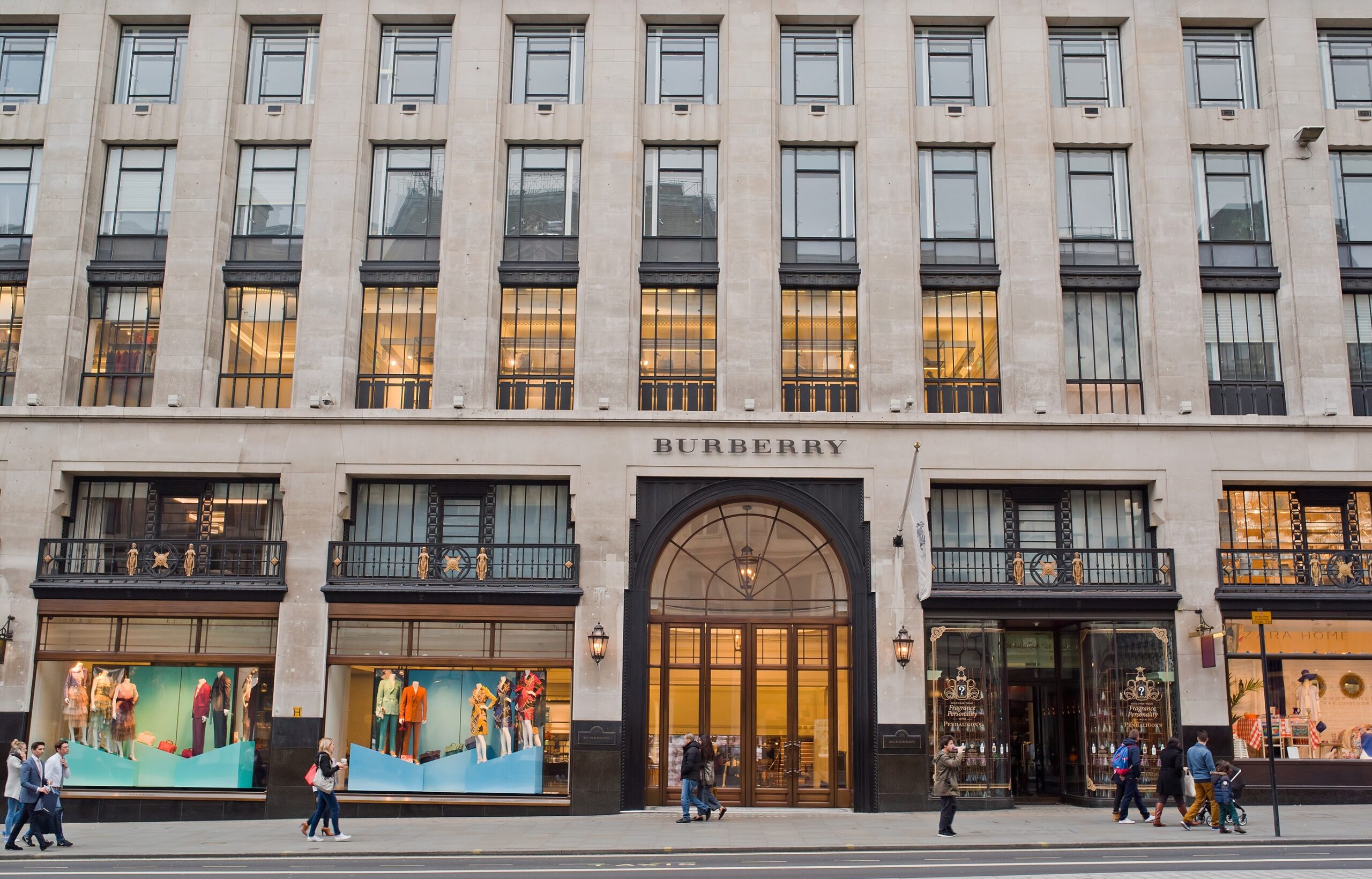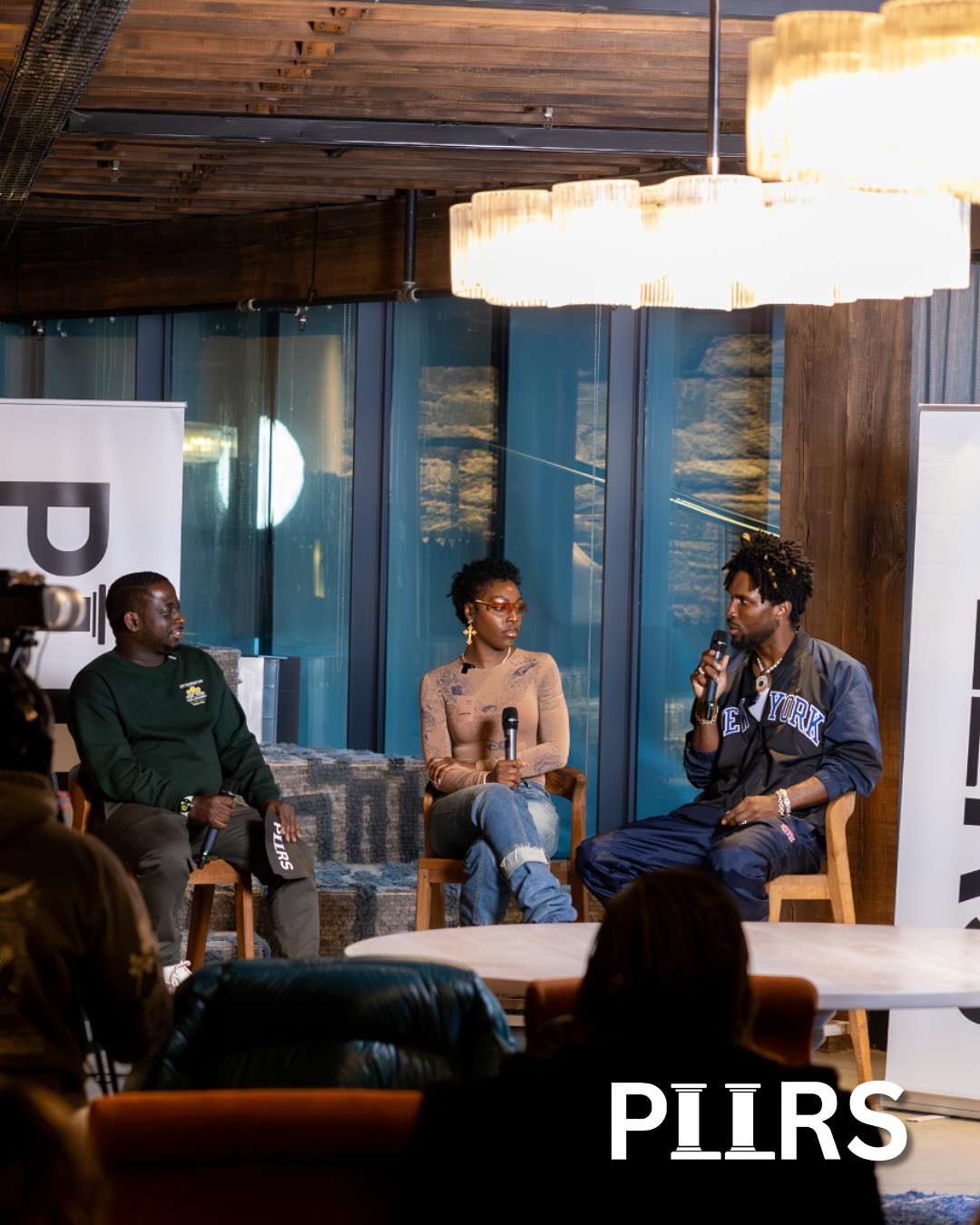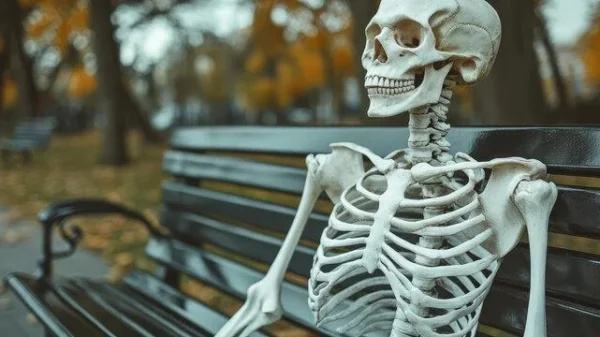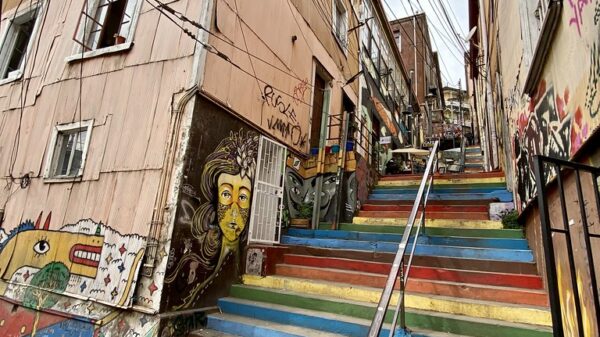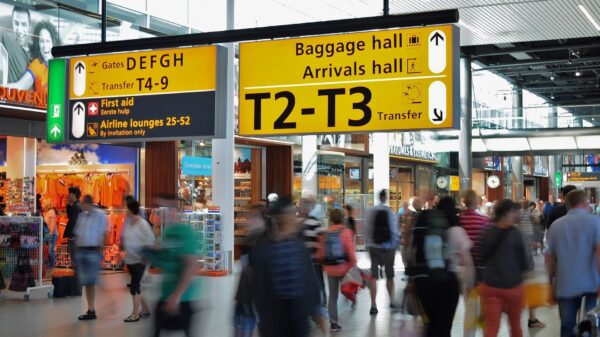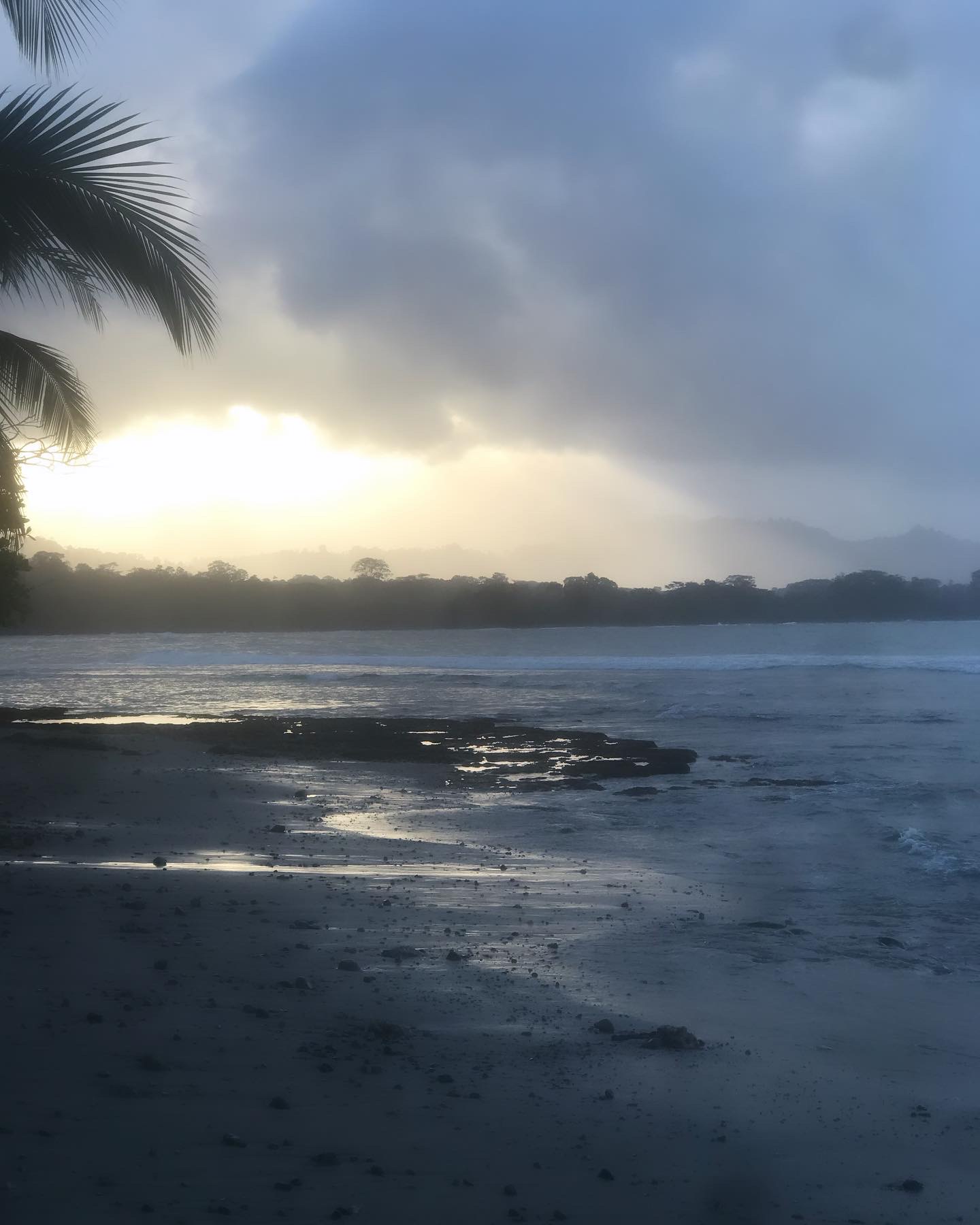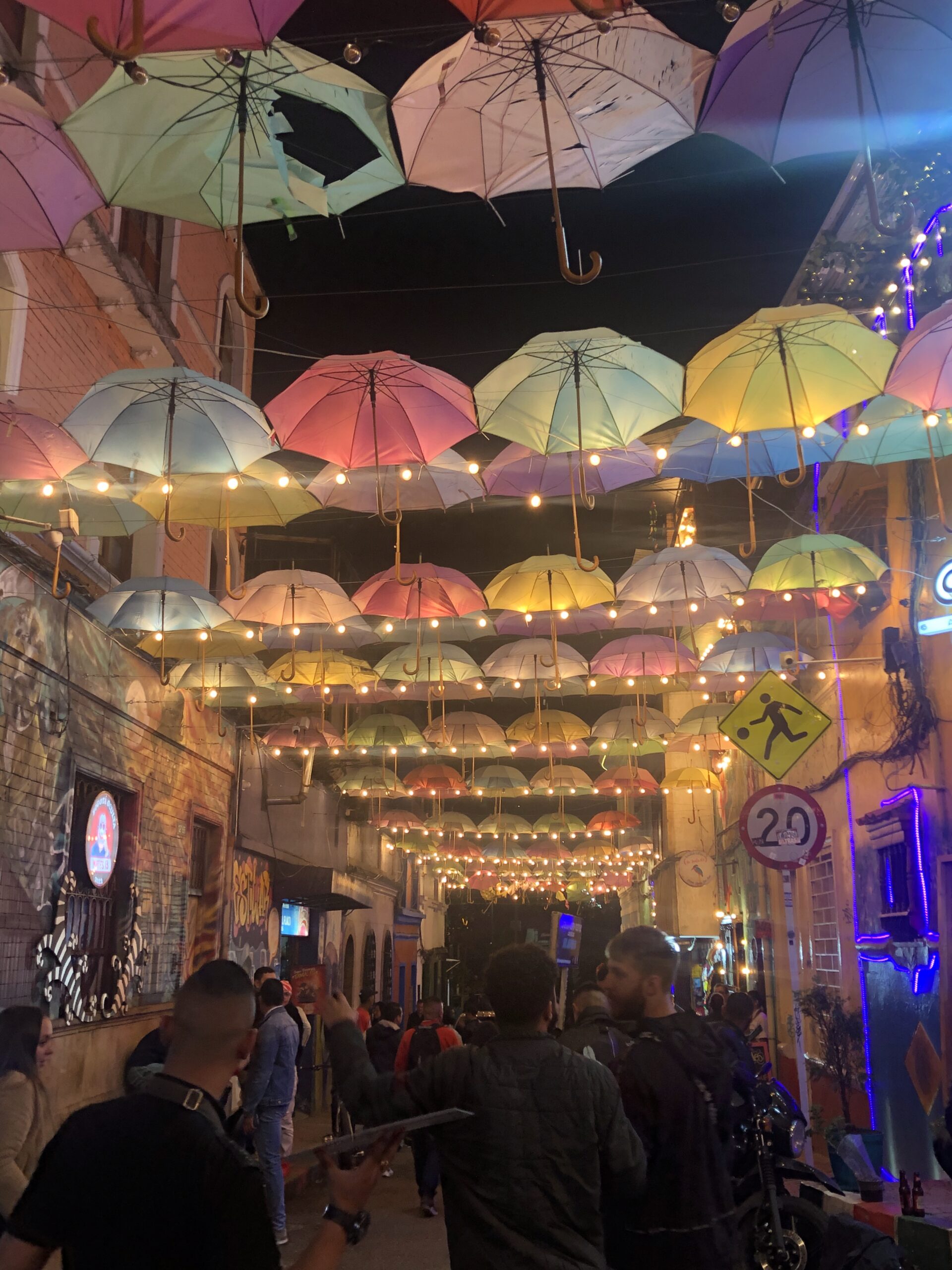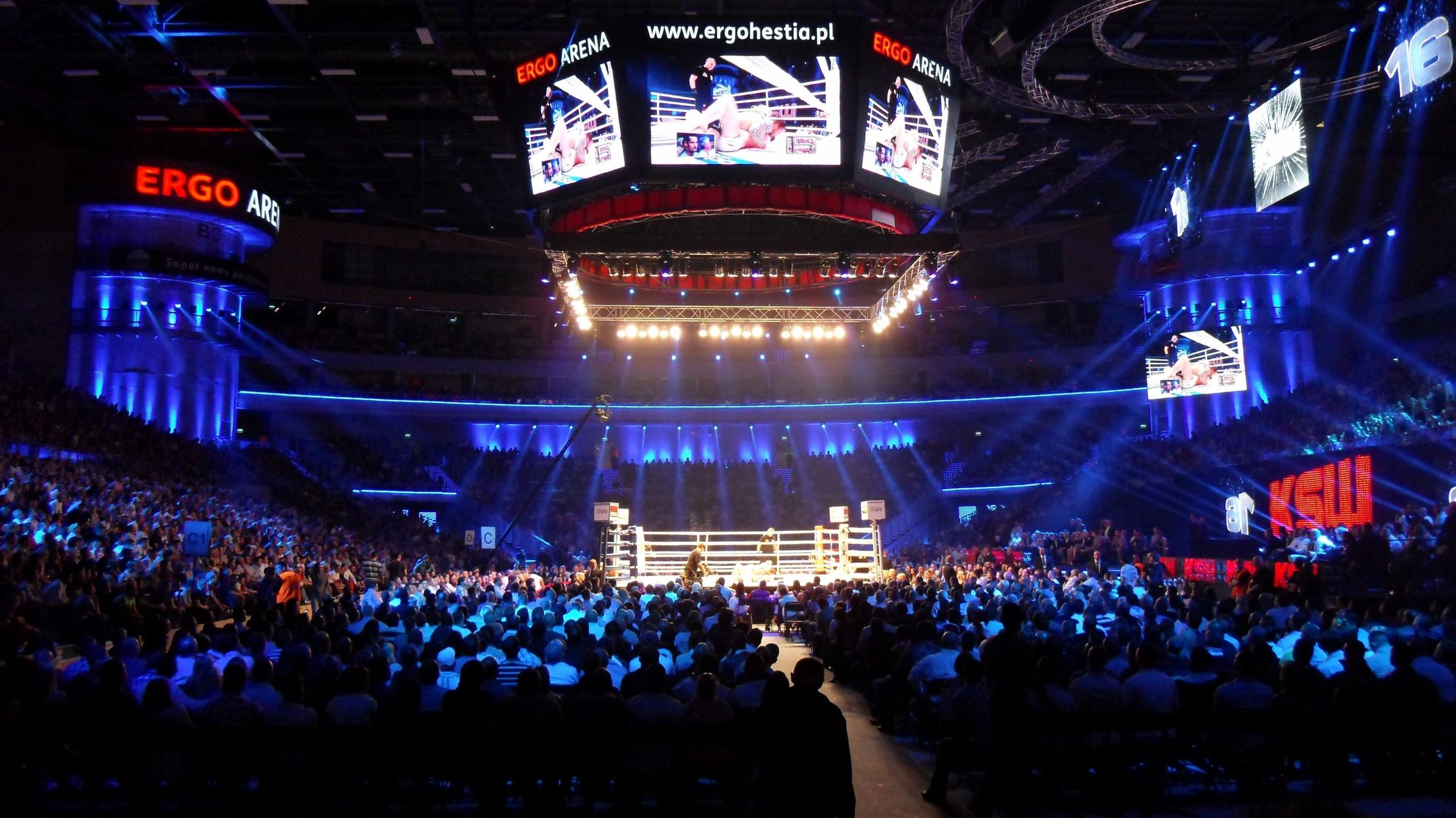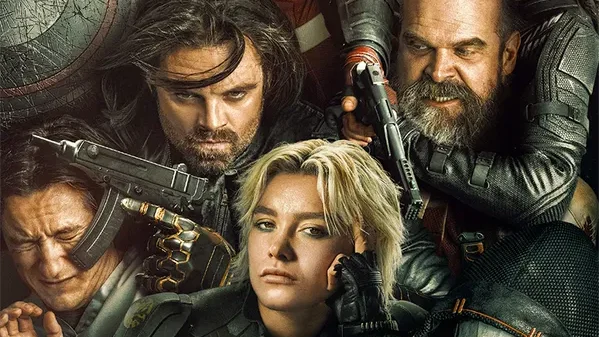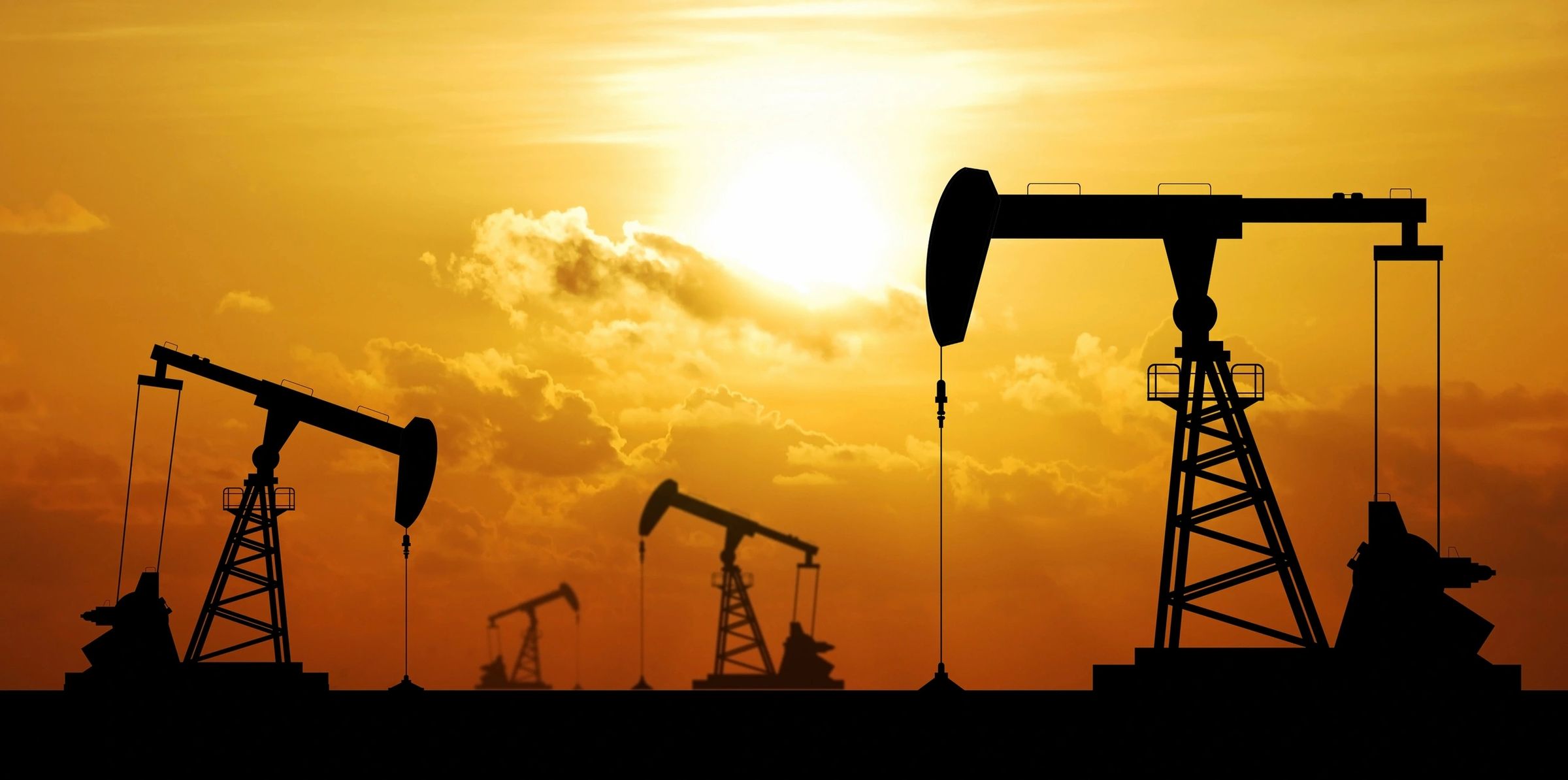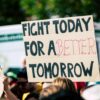Justice or Jeopardy?
After decades of debate and delay, South Africa has taken a formal legal step toward confronting its legacy of land dispossession. With its recent decision to uphold a law allowing land expropriation without compensation under specific, legally defined conditions, the nation has stepped further into a long-overdue reckoning with its colonial and apartheid past.
For many Black South Africans, the ruling represents not revenge—but repair. Generations were forcibly removed from their land and locked out of wealth-building. This law is an attempt to rebalance that scale—not through chaos, but through a constitutional, court-approved framework aimed atredressing historic theft.
But outside South Africa, the story often morphs into something else entirely.
In the U.S., U.K., and Australia, far-right media outlets have spun this policy into a cautionary tale—framing it as an attack on white landowners, sometimes invoking the language of “white genocide.” These distortions have fueled asylum claims from some white South Africans, and even sympathetic overtures from conservative U.S. politicians, including Donald Trump.
Here’s where nuance matters:land reform is not land revenge.The policy includes legal guardrails. It is subject to judicial review. And the aim, according to the South African government, is fairness—not forced chaos.
Still, critics inside and outside the country raise valid concerns. Investors are wary. Property owners fear creeping instability. Some worry the policy will be implemented unevenly, or weaponized for political gain. The government insists those fears are addressed by safeguards—but trust, especially around land, runs thin.
What’s unfolding in South Africa is more than national policy—it’s amirror. One that reflects global discomfort with the idea of wealth being redistributed, especially when it threatens racial hierarchies, perceived or real.
This isn’t just about who owns what. It’s about who gets to define justice—and whether a country with one of the world’s most unequal land distributions can rewrite that story without writing anyone out of it.

